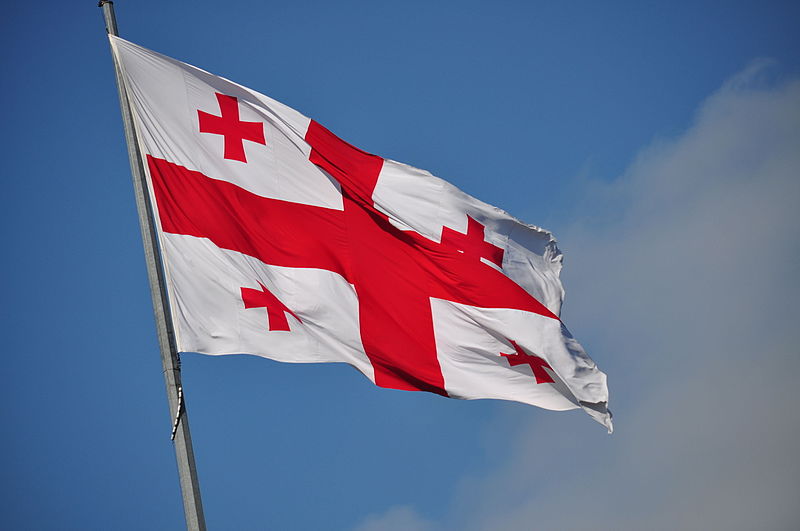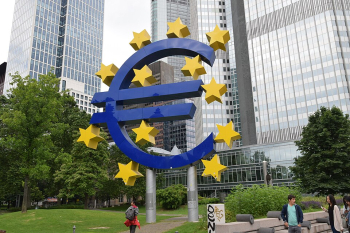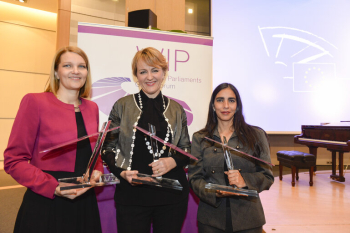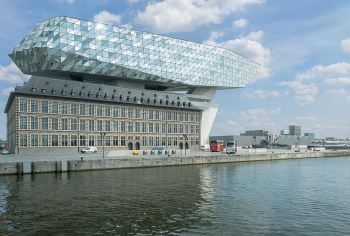
Repressive legislation is suppressing media, civil society, and the LGBTQ+ community. Georgia must reverse undemocratic laws to advance its relationship with the European
Union. Members of the European Parliament (MEPs) advocate for sanctions against oligarch Bidzina Ivanishvili and others who are undermining democracy in Georgia.
In a resolution passed on Wednesday, MEPs assert that the current decline in democratic standards in Georgia effectively stalls the country's EU integration efforts. Although Georgia was granted EU candidate status in December 2023, the resolution from Parliament underscores the increasingly authoritarian trajectory of the ruling Georgian Dream party, particularly concerning media freedom and LGBTQ+ rights.
Alongside modifications to electoral laws and a rise in anti-EU sentiment, MEPs contend that these measures infringe upon freedom of expression, censor media outlets, impose limitations on dissenting voices within civil society and the NGO sector, and discriminate against marginalized groups. They emphasize that without the repeal of such legislation, progress in Georgia's EU relations will remain unattainable.
Officials within the Georgian government are contributing to a culture of animosity. MEPs are calling for a comprehensive investigation into police violence against peaceful demonstrators who protested in the spring of 2024 against Georgian Dream’s law, which mirrors Moscow's approach by labeling Western-funded media and NGOs as “foreign agents.” They express concern over the atmosphere of hatred and intimidation incited by statements from government representatives and political leaders, as well as the government's assaults on political diversity.
The resolution denounces remarks made by oligarch and honorary chairman of Georgian Dream, Bidzina Ivanishvili, along with other prominent government figures, who have threatened to prohibit opposition parties and have characterized the opposition as a “criminal political force.”
Georgia's EU Integration Stalled In light of the ongoing deterioration of democracy in Georgia, the Parliament has called for a suspension of all EU funding allocated to the Georgian government until the repeal of undemocratic legislation. Members of the European Parliament (MEPs) assert that any future financial assistance to the Georgian government must be contingent upon stringent conditions.
They emphasize that the European Council, during its meetings on December 14 and 15, 2023, conferred candidate country status to Georgia with the expectation that the actions outlined in the European Commission's recommendation dated November 8, 2023, would be implemented. MEPs contend that the current authoritarian direction of the Georgian government contradicts this objective and has effectively stalled Georgia's EU integration process.
MEPs express the view that the forthcoming parliamentary elections will be crucial in shaping Georgia's democratic trajectory and geopolitical orientation, as well as its prospects for advancing its EU membership candidacy.
They urge Georgian authorities to ensure that the elections meet the highest international standards and to honor the will and free choice of the Georgian populace. Imposing Sanctions on Threats to Democracy in Georgia The resolution advocates for the European Union and its member states to hold accountable and impose personal sanctions on individuals responsible for undermining democracy in Georgia, including Bidzina Ivanishvili.
The resolution was passed with 495 votes in favor, 73 against, and 86 abstentions. Photo by Frank Miller from Washington, DC, United States, Wikimedia commons.

















